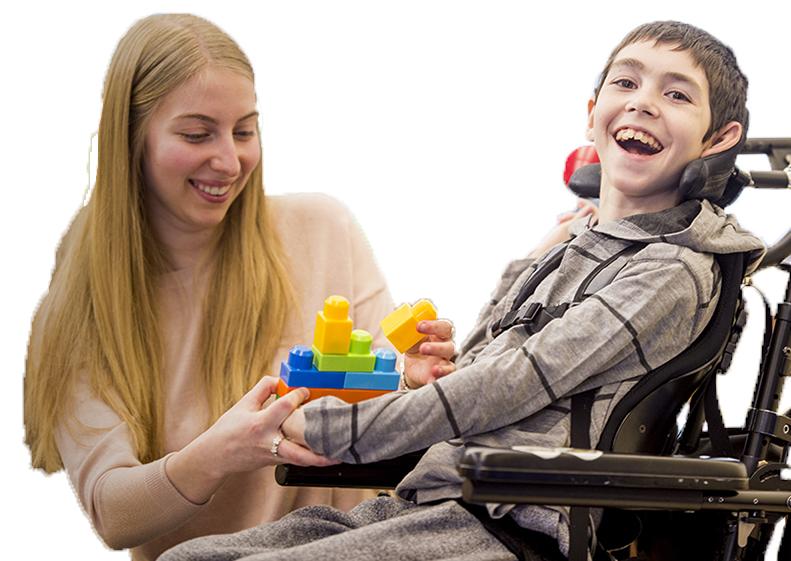Resources Directory
Search below to find a hospital, doctor, therapy, and more

Rhode Island Secondary Transition Services – Office of Student, Community and Academic Supports
Rhode Island Department of Education
The Rhode Island Department of Elementary and Secondary Education, Office of Student, Community and Academic Supports has actively worked with students, parents, local school districts, and other state and local agencies to promote an effective statewide system of secondary transition services for students with disabilities. This page provides information on Secondary Transition, some of the system structures RIDE has employed to improve transition outcomes for students in Rhode Island and links to sources of information for students, parents and professionals.Being informed is the best way to advocate for the services and programs you may need to effectively transition from high school to employment, post-secondary education & training and community living. This page is divided into sections that may help you navigate the transition process and meet with success in the transition from school to adult life. The Rhode Island Department of Education works closely with school districts, public adult services agencies, parent organizations, universities and colleges to provide current and useful information. One tool that many young adults have found useful is and on-line tool called Youthhood. At Youthhood you will find tools to assist you in planning for your life after high school. It is a great place to start. There are many agencies and programs that may become involved with you as you move from school to the adult world. The most important thing to remember is that you are moving from a system of entitlement to a system of eligibility. This means that you will need to apply for the services you may need, advocate for yourself and persist in getting what you need to be successful in the community.
